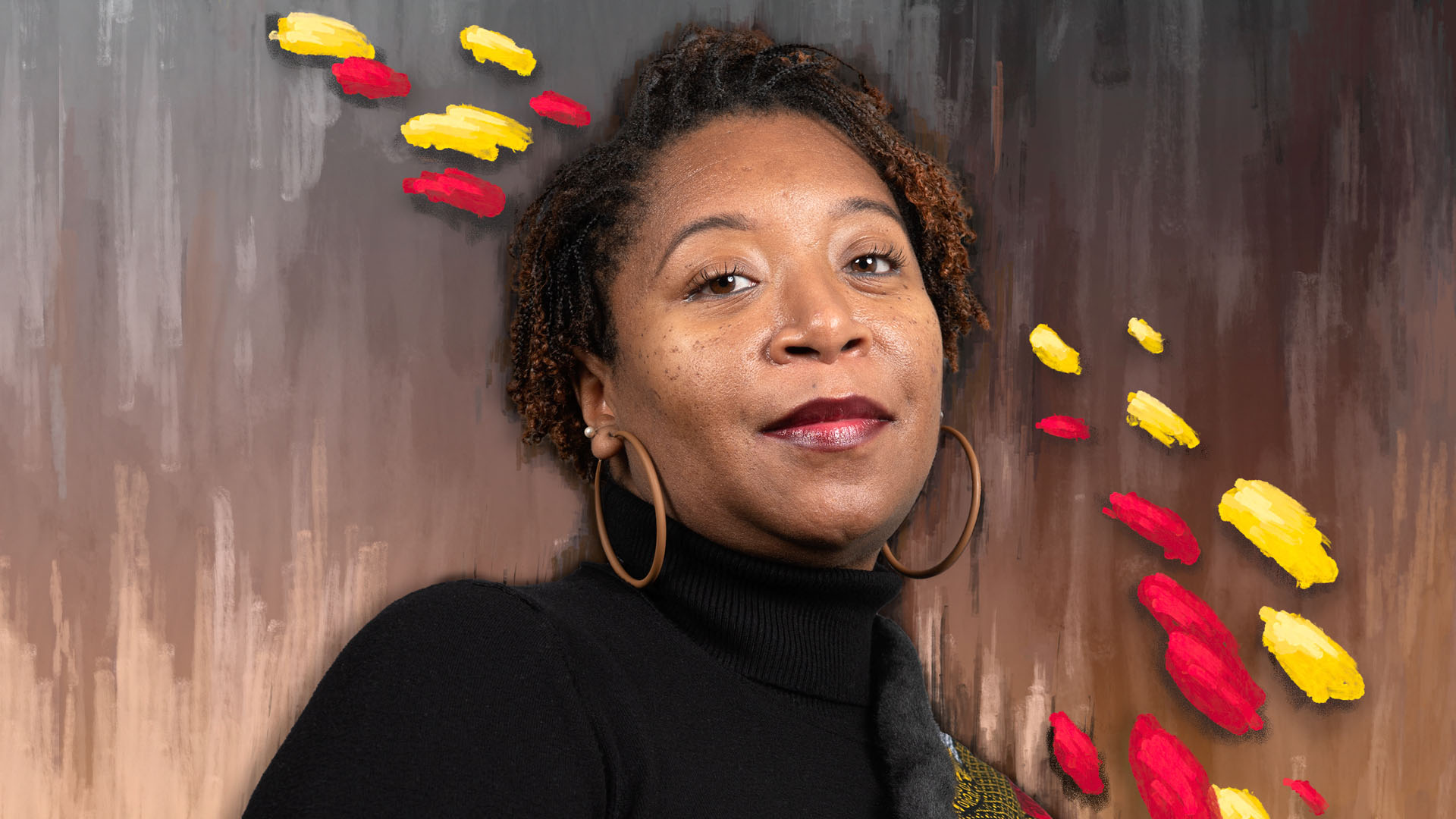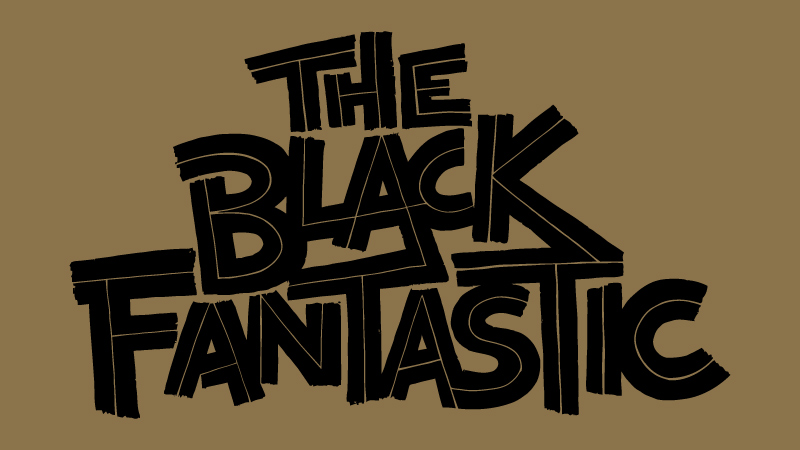


“The Black Fantastic” is a project the University Communications and Marketing team
created as a means to highlight excellence among a few of WCU’s Black faculty and
staff members. As we celebrate Black History Month, this is an artistic and creative
look at some of the people who are helping to shape and mentor the great minds of
the future. In their own words, each was asked to respond to the phrase, “I am proud
of my success because …” The title “The Black Fantastic” was chosen by the participants
and stems from Richard Iton’s book, “In Search of the Black Fantastic: Politics and
Popular Culture in the Post-Civil Rights Era.”
As Munene Mwaniki, WCU associate professor in the Department of Anthropology and Sociology,
explains, “The book broadly discusses the contemporary and lingering political problems
facing Black America since the landmark Civil Rights legislation in the 1960s. Though
still widely heralded, the Civil Rights era did not result in a restructuring of American
politics, rather it found that the foundational aspects of U.S. politics had certain,
if flexible, limits towards social change. In the decades that followed, Black entrance
into the political sphere not only failed in many respects, but also led to a number
of compromises that constrained Black political thought and attempted to separate
Black political thought from its long relationship with Black popular culture. For
Iton, the Black Fantastic represents a challenge, a destabilizing force, to the status
quo that seeks to limit and constrain Black creativity and politics. It is a pushing
of boundaries, a grasping and claiming of space, beyond those limits that only appear
to be concrete in order to create something new, something human. The Black Fantastic
here, then, should be seen as unconventional, with sense towards ignored or underdeveloped
possibilities for those considered Black in the U.S. and throughout the Black diaspora.”
Shamella Cromartie - Associate Dean in Hunter Library

I don’t recall the first time I heard that “if you live by the cheers, you die by
the boos,” but it stuck with me and it shapes much of my thoughts around success.
I think very highly of the late Audre Lorde, who also earned to a master’s degree
in library science. In “Learning from the 60’s,” she wrote that she learned to define
herself for herself, lest she be “crunched into the fantasies of others and eaten
alive.” I identify with these words. Particularly as a Black woman, I find that I
need to define my successes for myself as others sometimes loathe to admit or even
acknowledge my wins, or rather my success is met with disdain. Therefore, I define
my success in a manner that gives me hope and lets me know that I’m just getting started
and the best is yet to come.
If success was reaching one goal, one position, then sure I could call this stage
of my career successful by many standards. My friends in other libraries certainly
believe that this is success and I am inclined to agree with them.
But I do not define success by position or money, rather I have learned to count the
little successes that I achieve every day, every month and every year. Of course,
my basic needs are met – which is success. But further, I count it as success to be
able to discern valid criticism from unfounded attacks, to withstand and disregard
micro-aggressions, to remain optimistic and cordial, while being called adversarial
and aggressive. Those tropes are well used in descriptions of Black women when often
the reality/truth is you are simply existing in spaces where you are not expected
and barely tolerated. I’m successful because I’ve learned to advocate for myself and
those who look like me. I received a note from a student last year that simply said
“I’m glad you’re here,” and I certainly count that as a success.
I often lament that my profession, and academia in general, is so fraught for Black
women; it certainly has been no crystal stair. If only it were as easy as the path
others have experienced, if I were able to demand a position rather than earn it,
perhaps I could breathe easy while doing what I love. Yet, I recognize that it takes
more to get here, and even more to stay. When questions of your “fit” are more important
than your talent/skill, you learn that you must constantly put skill on display, which
is a recipe for exhaustion, but necessary to remain successful. When people speak
of Black excellence and success, they should simultaneously consider how much extra
it takes to get here, or anywhere for that matter. The extra layers of struggle and
sacrifice that are weaved into the Black experience are undeniable.
I still hope to reach new heights and see new horizons and pursue and define generational
success for my family and my community. I will have reached the pinnacle when I’m
able to destabilize the dominant themes of marginalization within my field and as
Ms. Lorde said, “to use my strength in service of my vision.”
Ase’.

